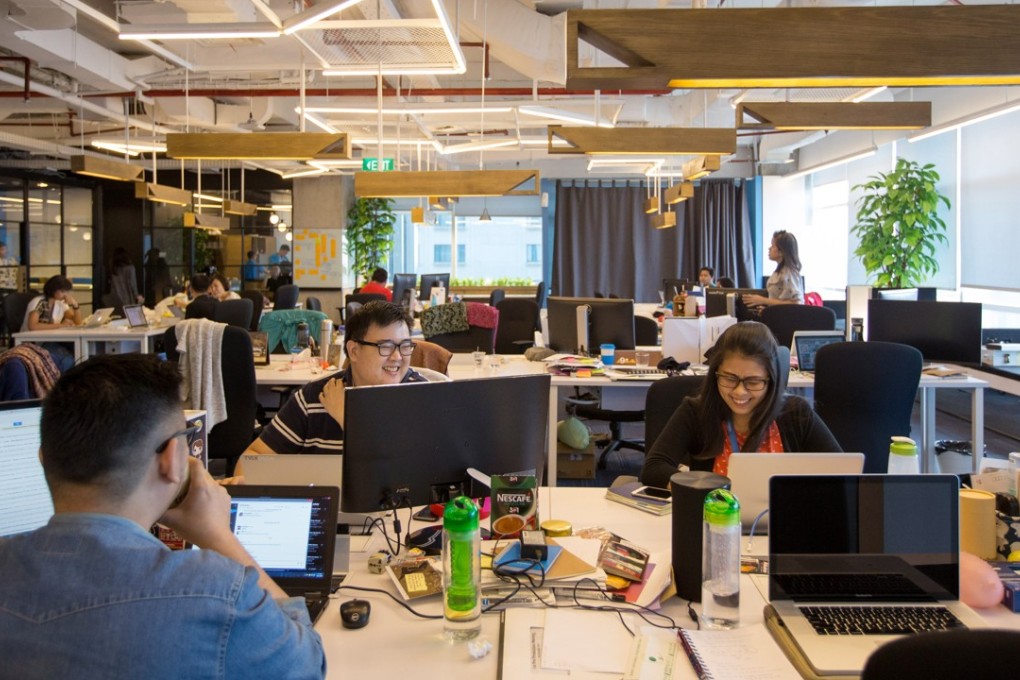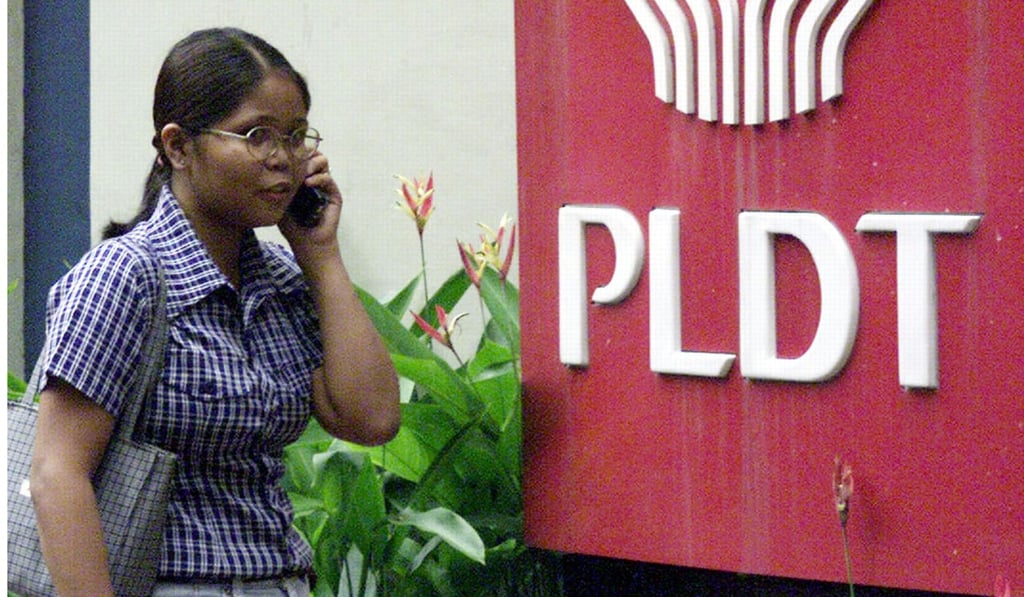Advertisement
Asean’s digital divide is an obstacle to Singapore’s regional market plan
Frederick Kuo says Singapore’s ambitions for a single digital market in the region will falter if gaps in the internet infrastructure of Asean’s member states are not addressed
Reading Time:3 minutes
Why you can trust SCMP

Singapore, in taking over the chairmanship of Asean, has big plans for making the region a global hub of technological progress and growth. Singaporean officials have spent the past weeks highlighting innovations such as a single digital market, and expectations are high that the city state will deliver the goods.
For that rosy forecast to come to fruition, though, Singapore and its fellow Association of Southeast Asian Nation members need to overcome the immense obstacles standing between them and a digital future. There are more than just trade barriers in the way; the region faces large gaps in development, human resources and infrastructure.
Singapore’s dreams of an integrated regional market won’t become reality unless Asean can bridge the divide between its haves and have-nots. To help, the Asian Development Bank and World Economic Forum released a road map in 2017 that urges Asean to seize opportunities to increase digital penetration and internet access.
World leaders attend Asean summit opening ceremony in November 2017
The main impediments are stark intra-regional gaps in internet connectivity. Singapore boasts one of world’s fastest internet connections, with average connection speeds of 20.3 megabits per second. The Philippines’ internet service is the slowest and most expensive in Southeast Asia.
Advertisement
While the challenge of linking 7,107 islands into a functional network is partially to blame, the main culprit is a duopoly of Philippine Long Distance Telephone and Globe Telecom. Together, they have barred competitors from entering the market and impeded the planned roll-out of 4G connections.
Hong Kong has fastest peak internet speed in world
Without competition, 4G coverage in the Philippines is only available in limited areas and is overpriced. While in Singapore the cost of internet services relative to gross income per capita stands at 0.2 per cent, the number is as high as 7.5 per cent in the Philippines – even though more than 26 million Filipinos live below the poverty line.
Advertisement

Advertisement
Select Voice
Choose your listening speed
Get through articles 2x faster
1.25x
250 WPM
Slow
Average
Fast
1.25x